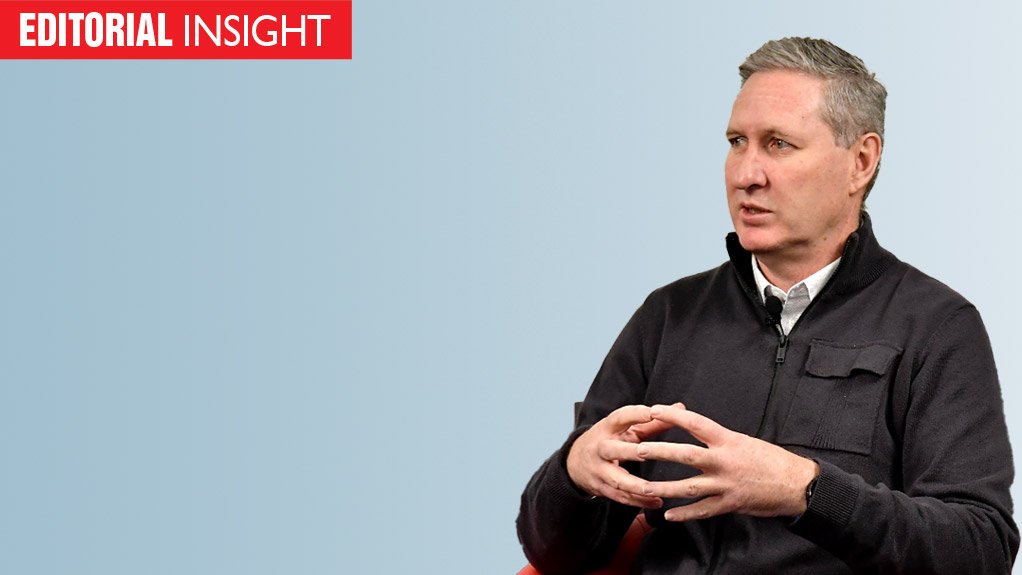Absent that dreaded black sharpie, Finance Minister Enoch Godongwana (consciously or unconsciously) engaged in a manoeuvre last week that bore more than a passing resemblance to the performative executive-order signing ceremonies of US President Donald Trump.
To be clear, Godongwana’s attempt to shepherd through a two-percentage-point increase in the value-added tax (VAT) rate to 17% is grounded in the real fiscal trade-offs confronting government, rather than the make-believe grievances that tend to motivate many of Trump’s orders, including the one that took aim at South Africa.
They are trade-offs that are also going nowhere, as Cabinet will now have to decide before March 12 whether there is indeed more political space to implement budget cuts or take on additional debt than there is to implement the disputed VAT increase.
However, through his actions, Godongwana, like Trump, made the inconceivable, conceivable. Unlike Trump, though, it was not an attempt to normalise the absurd or justify illegality, as a Finance Minister considering a tax increase is neither, particularly given South Africa’s prevailing fiscal imbalances and its budgetary pressures.
Although information about the prospect of a VAT hike was leaked on the Sunday ahead of the scheduled, then hastily cancelled, Budget address of February 19, and had been flagged within Cabinet weeks earlier, few close observers of the Budget would have been seriously factoring in even a percentage point increase in VAT prior to those leaks.
For various reasons, VAT has always been a politically sensitive topic, which is why the VAT rate has only been increased twice since the tax was introduced during the dying days of apartheid in 1991, and against the backdrop of well-organised protests that resulted in eight food items being zero-rated ahead of its introduction.
Initially no items were to be zero-rated, but concessions were made on brown bread and maize even before the additional eight items were added and the list was enlarged further after yet more protests in 1993.
Prior to the abandoned Budget speech last Wednesday, South Africa had 21 VAT-exempt food items and Godongwana was poised to add variety meats, specific meat cuts, dairy liquid blend and tinned and bottled vegetables to the list so as to cushion the poor from the proposed hike.
While the Minister’s unorthodox strategy (one that included briefing journalists participating in the Budget lock-up on the VAT hike prior to having secured any Cabinet endorsement for his Budget) failed, it has nevertheless thrown the brightest spotlight imaginable on the country’s fiscal trade-offs.
It has also ensured that the proposed VAT increase remains in the mix as an option, an unlikely scenario even a few weeks ago.
In making the hike conceivable, is it now possible that Cabinet, and even the public, might now view a one percentage point hike as an acceptable compromise?
EMAIL THIS ARTICLE SAVE THIS ARTICLE ARTICLE ENQUIRY FEEDBACK
To subscribe email subscriptions@creamermedia.co.za or click here
To advertise email advertising@creamermedia.co.za or click here











